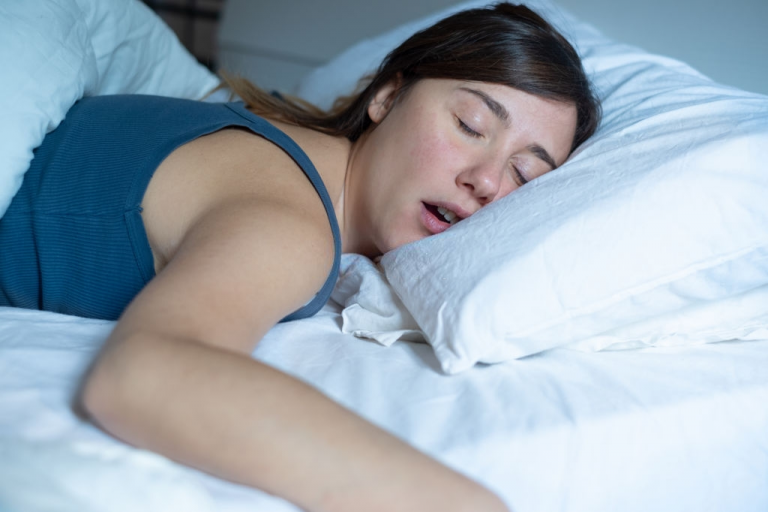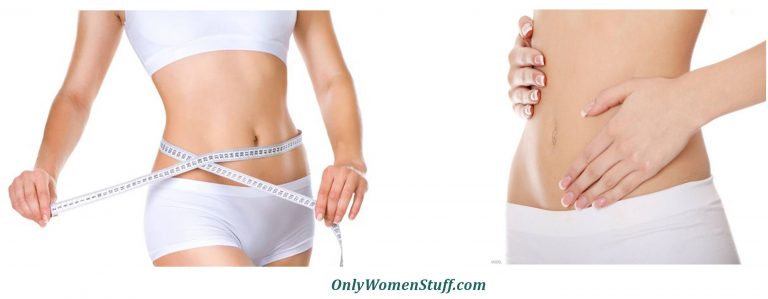Women And Depression: 3 Types And Treatment Options
Depression is a mental health condition that affects your well-being. While it can affect all genders, women are more susceptible to it than men. It can affect the young or old, resulting from various causes.
The good news is that it’s possible to treat depression. Healthcare providers can help someone battling depression overcome it. Also, treatment centers such as Jackson House and other similar facilities can help you if you’re struggling with depression. They use several treatment options to treat the different types of depression.

Signs And Symptoms Of Depression
Depression can alter a person’s normal life. Remember, it’s not easy to realize you’re going through depression. However, you can use some tell-tale signs and symptoms. The symptoms below help you notice if you’re going through the condition. Once you realize recurrent episodes, you’d better seek medical attention. The sooner you find support, the better. These symptoms include:
- Feeling sad
- Frequent irritations
- Inability to be attentive
- Losing your appetite
- Lack of interest in hobbies
- Insomnia
- Abnormal weight loss
- Feeling guilty
- Anxiety attacks
- Suicidal thoughts
- Dramatic mood swings
- Panic attacks
These symptoms are signs of depression and may vary from person to person. If you’re experiencing severe symptoms, it’d be best to seek medical attention. This way, you’ll know the type of depression you’re suffering from and commence your treatment journey.
Causes Of Depression In Women
As indicated earlier, women are more prone to depression. Several factors contribute to depression in women. Some common causes include:
Hormones:
Science has it that some genetic makeup contributes to depression in some women, whereas some genes are more resistant to the condition. Additionally, body hormones responsible for fertility, pregnancy, and menopause increase women’s chances of getting depressed.
Psychological Issues:
Women are typically more emotional than men, making them more likely to get depression. For instance, a negative comment about a woman’s physique can become a stress point and later develop into depression.
Social Causes:
Coping mechanisms and lifestyle choices can result in depression—for instance, job loss, financial troubles, and marital and relationship problems.
Most of these factors influence the daily lifestyle of a woman. Thus, they can lead to depression.
Types Of Depression In Women
There are several types of depression in women due to different causes. These include:
Perinatal And Postpartum Depression:
It’s common during and after pregnancy. During this period, a mother goes through a lot. First, there’s the extreme happiness of receiving a baby at the end of the journey. Second, the uncertainty of having a normal child and smooth delivery can trigger the condition. One common symptom in women going through perinatal depression is too much worry. It can result from previous miscarriages, stillbirths, or having a child with disabilities. For first-time mothers, it can be overwhelming. Pregnancy can change hormones, which could influence your moods and behavior.
Right after giving birth, you can go through postpartum depression. It’s attributed to thoughts or feeling inadequate to care for the baby. Also, you can get depressed when your child cries at night, depriving you of sleep. Since the baby can’t express why they’re crying, some mothers will feel like they’re not responsible enough to know how to handle the baby. Such thoughts lead to this kind of depression. Additionally, if you’re having trouble with your partner during this period, you’ll have a stressful time, and handling the baby can be difficult.
Premenstrual Dysphoric Disorder (PMDD):
It’s a severe form of Premenstrual Disorder (PMS). The condition is attributed to intense mood changes. When you’re about to have your monthly periods, your body secretes some hormones, such as Serotonin. Its increase in your body results in a mood change and other symptoms such as headaches, bloating, and breast tenderness.
Most women will be irritated and have anxiety attacks from PMS, which can lead to PMDD. It’s necessary to track your periods to be aware of the symptoms. It’s also helpful to your doctor’s diagnosis and can be used to manage your condition.
Perimenopausal Depression:
As women transition to menopause, they can be distressed. The phase includes some hormonal changes which can trigger depression. For instance, menopause can influence your sex life and urges. If your partner doesn’t understand you, you’ll have some relationship and marital problems. During this time, you’ll feel guilty, leading to frequent irritations. Some women feel like they’re not good enough hence the dramatic mood swings. During this time, they can be diagnosed with the disorder.
Treatment Options
Once you’ve been diagnosed with a depression disorder, your care provider will advise on the best treatment option. It aims to suppress your triggers and improve your quality of life. The treatment plans vary accordingly, and below are some common ones:
Medication:
Before the doctor gives you some prescription, they’ll ask questions such as how long your moods last and how often they occur. They’ll then rule out any underlying medical conditions. For instance, if your PMS involves severe migraines, the doctor can prescribe some high-dosage painkillers. Again, your doctor can prescribe hormone-balancing tablets if you have hormonal imbalances. Note that it’s important to tell your doctor if you’re pregnant since some medications can affect your baby’s growth.
Therapy:
Talking to a mental health therapist is also viable. For instance, if your depression arises from emotional feelings or is related to marital problems, you’ll need counsel from a therapist. They’ll share some insights that can help you navigate through the difficulties. Therapy has proven successful in assisting depression patients. Your therapist can guide you on how to handle your moods responsibly and can also help you with negative thoughts.
Self-help:
Another treatment option is through exercising and daily workout routines. One symptom of PMS is severe cramping. Exercising can help reduce cramps. Other exercises, such as Yoga, help with meditation. For people with anxiety and panic attacks, this exercise enables you to calm down.
Your healthcare provider is in a better position to advise you on the right treatment option. With the proper treatment, it’s a matter of time before you get back to living a normal life. However, be patient, as some options may take time.
Conclusion
Even though women are more affected than men depression-wise, you can beat depression. The first thing you should do if you experience typical symptoms of depression is to look for medical assistance. After diagnosis, the health provider will advise you on the right treatment option. This way, you’ll be on your recovery journey. And remember to adhere to the doctor’s guidelines for guaranteed recovery.






